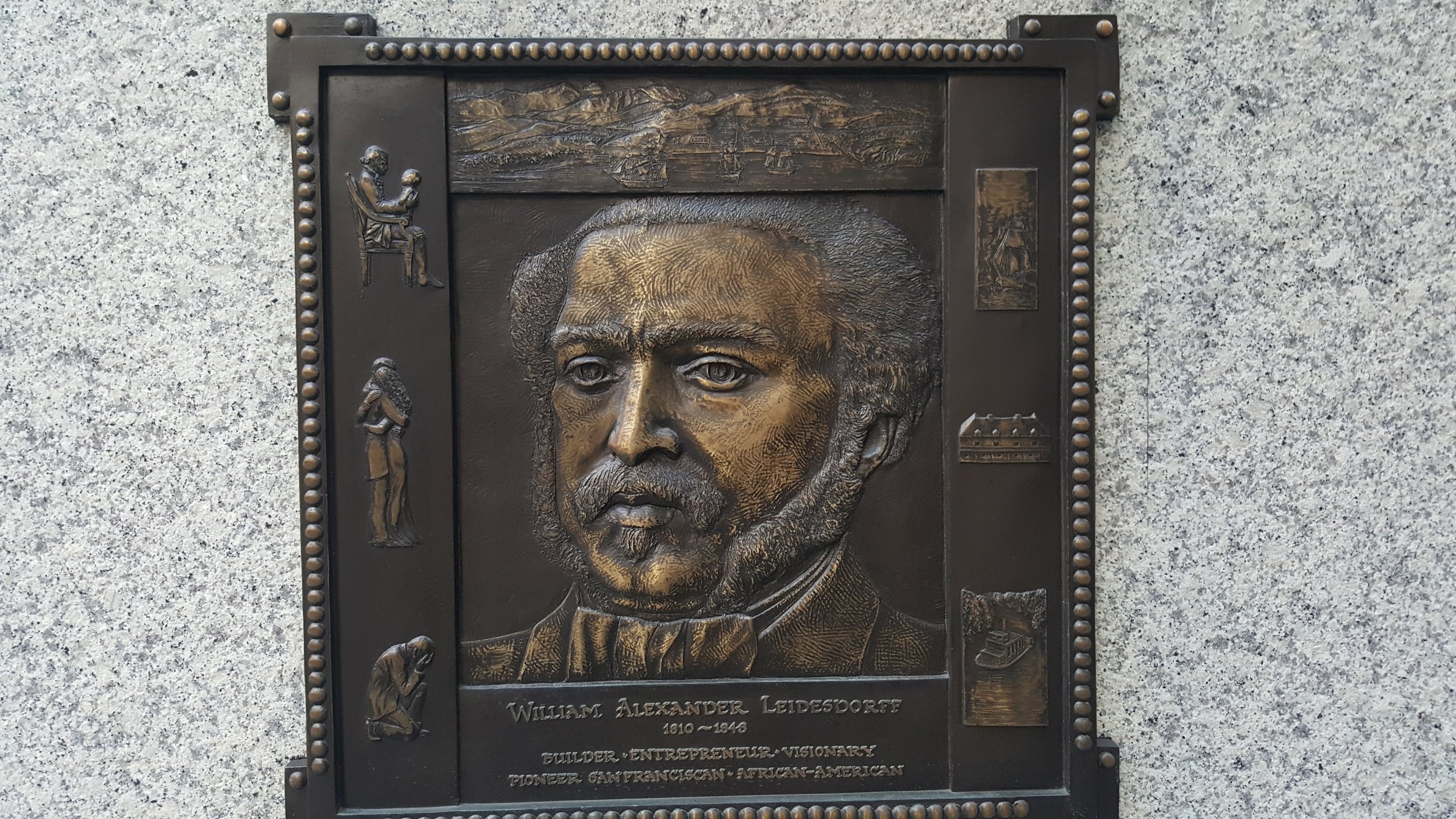Cultural competency training is critical for mental health professionals, especially those who are the treating physicians for African Americans. Research has shown that the absence of this area of training has been the cause for a plethora of misdiagnosis which has lead to years of long term health challenges for African Americans. Mental health professionals cannot dismiss the affects of slavery that remain vivid in the minds of millions Black people. There are generation of children studying the history of their ancestors who are also experiencing trauma as a result of knowing the truth about what the generations before them have gone through. This history of mistreatment of Black people has caused a domino effect, ultimately leading to high level mistrust and skepticism of White people who have given their opinion of a mental illness diagnosis and further prescribed medication for treatment.
From Grandma’s hand to the song “We’ve Come This Far By Faith”, one very prevalent and consistent presence in the lives of Black people is church and faith. Whether it’s every Sunday, every now and then Sunday or once a year on Mother’s Day, many Black people find comfort and mindful healing under the covering of the church. To church attendees, these faith leaders are physicians who treat in a way that is trusted. While there are still churches who have a challenge embracing those who have visible mental health challenges, the accepting of those who have both visible and non-visible mental illness is far greater than those churches who still have a long way to go in understanding the importance of equity across the isles in every area of life.
Is it possible that faith leaders can be the first line of care for Black people suffering from mental illness? If those who need treatment find more healing and comfort through their worship experience, then why not? This does not replace the need for licensed physician treatment, but the aforementioned cannot be glazed over, unrecognized or not addressed. A voluntary act, attending church service, is something that comes so very natural and the culminating feeling after the experience is often one of less stress, high hope and excitement. One of the exhilarating moments that happens during the one to two and every blue moon three to four hour church services, is in most Black congregations you will hear the faith leader says, "Touch your neighbor and tell them....". That single touch is sometimes the only touch a person receives during that entire week, and research has shown how the touch from another human being brings balance, clarity and a sense of acceptance to one who lacks that humanistic connection from family, friends or even strangers. This is always a mental healing moment during the church service for thousands of people.
Socio-economic factors plays a large part in the mental health challenges for many African Americans. Growing up in neighborhoods where there are health inequities, high unemployment, limited access to grocery stores that have fresh fruit and vegetables, heavy crime and inadequate education, is a direct pipeline to illnesses such as stress, anxiety, drug addiction/abuse, depression and more. The Black church, in many cases, are intentionally planted in these communities to be a refuge to this population of marginalized voices. They are the olive branch that is often not extended by health institutions and government entities who have been funded to serve these communities. The Black church has the capacity to have their doors daily for mental healing, without the individual needing an appointment, insurance coverage, or pre-screening, pipelines that are often barriers to those in need receiving mental health services.
From the Black Panthers, originators of the free breakfast program for children, to the churches’ year-round outreach feeding programs for individual and families that impact millions, Black people helping to heal Black people is a natural trajectory that requires no law enactment or medical prescription. "The church is a hospital for sick people who come every week for healing”, is a slogan very familiar to many and the church has operated in that capacity for thousands of years.
A collaboration between faith leaders and mental health professionals can be the first step in bridging the gap to ensure there is an intentional effort to ensure Black and Brown people receive the much needed mental health services they need and deserve.
And go!


